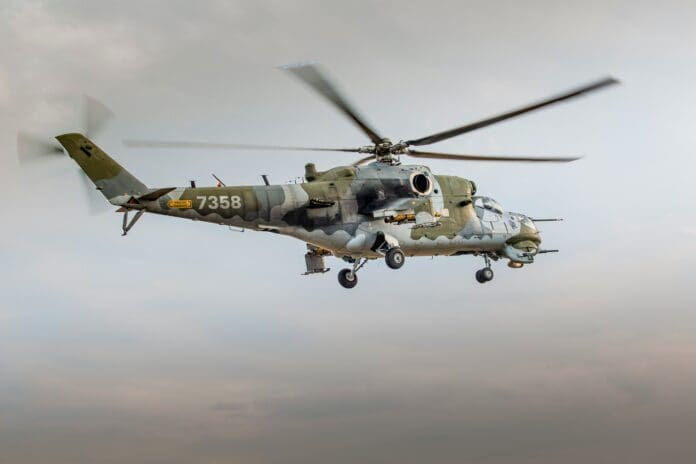This post is also available in:
 עברית (Hebrew)
עברית (Hebrew)
MIT’s Lincoln Laboratory is collaborating with the U.S. Transportation Command (USTRANSCOM) to develop advanced AI and machine learning tools aimed at improving military medical logistics. The project, initiated in 2021, seeks to automate key processes involved in medevac and mass-casualty operations, optimizing both patient care and airlift coordination.
The core goal of the project is to reduce cognitive load on military personnel and expedite critical decision-making during medical emergencies. To this end, the team has developed a suite of AI-powered solutions that automate patient transfer tracking, streamline the planning of airlift missions, and assist clinicians with data-driven insights during operations.
Among the tools created is a synthetic patient generator, designed to simulate real-life medical scenarios for training purposes. Additionally, the system includes advanced natural language processing (NLP) capabilities, which help analyze thousands of real-time communication messages to highlight key insights that may otherwise be overlooked. This helps operational staff make quicker and more informed decisions when dealing with dynamic situations on the ground.
These AI-driven innovations are scheduled for field testing in an upcoming military exercise. The exercise will simulate a range of medical evacuation scenarios, allowing planners to assess the effectiveness of the new tools in a controlled, real-world environment.
According to DefenseScoop, the partnership between MIT and USTRANSCOM follows a “living” approach, emphasizing flexibility and continuous refinement to meet evolving needs. While Lincoln Laboratory focuses on developing and testing these AI solutions, full production and field deployment are handed off to industry partners.
This initiative is just one example of how AI technologies are being integrated into military operations. The same AI systems are already being utilized for other applications, such as predictive maintenance, cybersecurity, and open-source intelligence, showing their broader impact on defense operations.
As military logistics increasingly rely on AI for efficiency and accuracy, projects like this highlight the growing role of artificial intelligence in transforming operational capabilities in critical environments.


























